NDO - In the atmosphere of the Spring Festival, the largest blood donation festival in the country, the following will be notes before and after donating blood to help donors ensure their health from Associate Professor, Dr. Tran Ngoc Que, Director of the National Blood Center, National Institute of Hematology and Blood Transfusion.
NDO - In the atmosphere of the Spring Festival, the largest blood donation festival in the country, the following will be notes before and after donating blood to help donors ensure their health from Associate Professor, Dr. Tran Ngoc Que, Director of the National Blood Center, National Institute of Hematology and Blood Transfusion.
| Video: Notes for blood donors from Associate Professor, Dr. Tran Ngoc Que, Director of the National Blood Center, National Institute of Hematology and Blood Transfusion. |
Every year, humanitarian blood donation campaigns are widely organized, attracting a large number of volunteers to participate with the goal of saving the lives of many patients.
Thanks to careful organization and well-prepared medical equipment, blood donation programs are often successful, ensuring that all collected blood is preserved and used effectively in emergency care and treatment.
To help participants feel secure and stay healthy each time they donate blood, please note the following:
Before donating blood
- Do NOT stay up too late the night before donating blood (sleep at least 6 hours).
- DO NOT eat foods high in protein or fat, should eat lightly
- DO NOT drink alcohol or beer.
- Bring identification.
- Keep your mind at ease.
Immediately after donating blood
- Straighten and elevate your arms for 15 minutes, avoiding bending your arms during rest.
- Rest at the blood donation site for at least 15 minutes, only leave when you feel comfortable.
- If bleeding occurs from the bandage, raise your arm and press lightly on the cotton swab, and notify medical staff for assistance.
![[Video] Things to note before and after donating blood photo 1](https://vstatic.vietnam.vn/vietnam/resource/IMAGE/2025/2/10/1582fa3c3c5744c39ddbcc8d1a9e9c03) |
If you experience any unusual symptoms such as fatigue, dizziness or sweating, sit or lie down, preferably with your legs raised. Then notify a medical staff or volunteer and stay calm, take a deep breath and exhale slowly.
Note on needle puncture site care
- The hemostatic bandage should be kept in place for at least 4 – 6 hours.
- In some cases, if there is still bleeding after removing the bandage, gently press on the cotton pad. At the same time, elevate the arm for 3-5 minutes, then re-bandage and keep the bandage on for another 6 hours.
- Bruises that appear after blood collection can be applied with ice, after 1 day switch to warm compresses (apply 2-3 times/day, 10 minutes each time).
Blood is a precious "medicine" that cannot be produced or replaced, and can only be donated by healthy people with love and responsibility for the community.
![[Video] Things to note before and after donating blood photo 2](https://vstatic.vietnam.vn/vietnam/resource/IMAGE/2025/2/10/9d936d31dc914dfeabc06d6e28d4354a) |
For patients in need of blood, every drop of blood donated is a source of life and hope. |
Therefore, donating blood is not only a noble act but also deeply demonstrates the spirit of humanity, closely associated with the traditional moral value of "Love others as you love yourself" of the Vietnamese people.
Blood donation not only benefits the community but is also a priceless gift that helps restore the health of patients in need of blood.
- From February 8-16, 2025: National Institute of Hematology and Blood Transfusion, Pham Van Bach Street, Yen Hoa, Cau Giay, Hanoi.
- From February 13-14, 2025: People's Committee of Trau Quy town (Gia Lam, Hanoi).
Source: Central Institute of Hematology and Blood Transfusion
Source: https://nhandan.vn/video-nhung-luu-y-truoc-va-sau-khi-hien-mau-post859285.html






























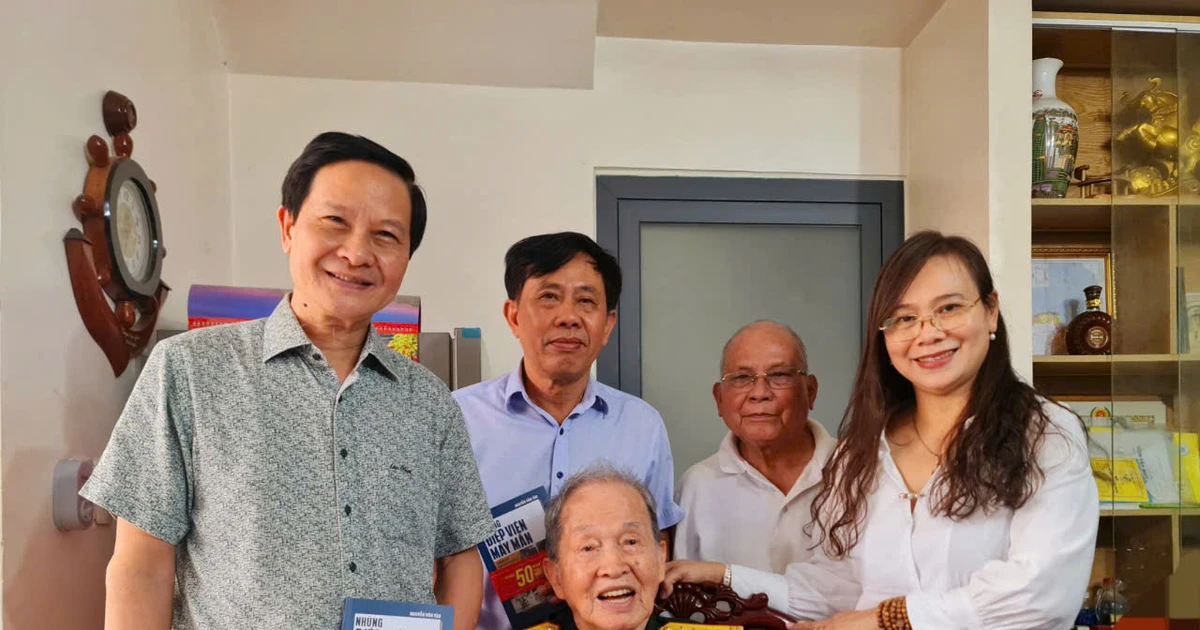
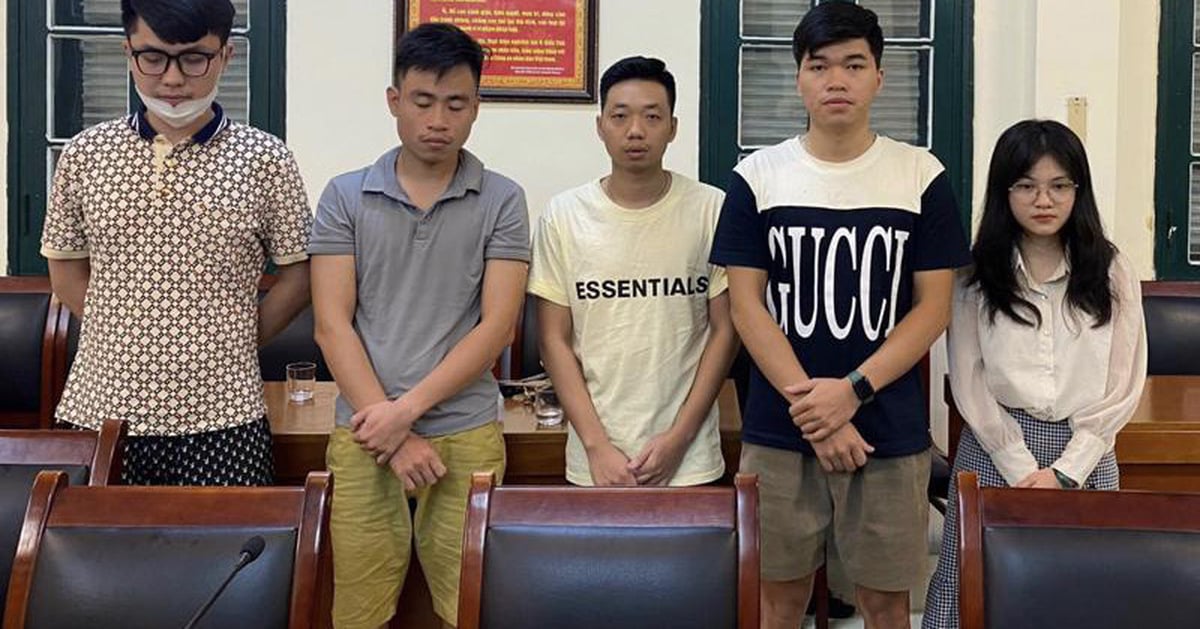



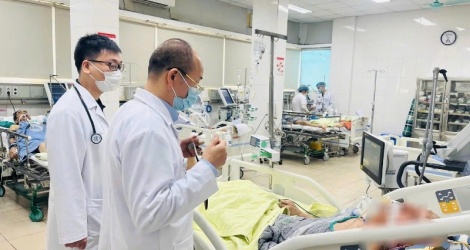

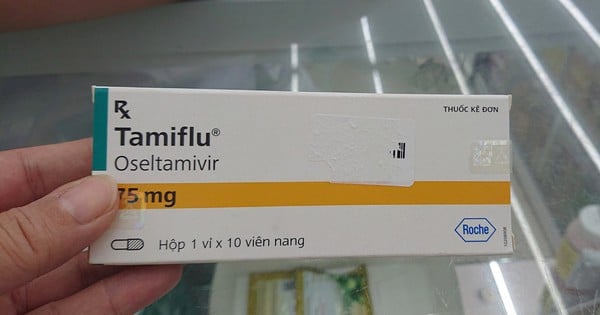



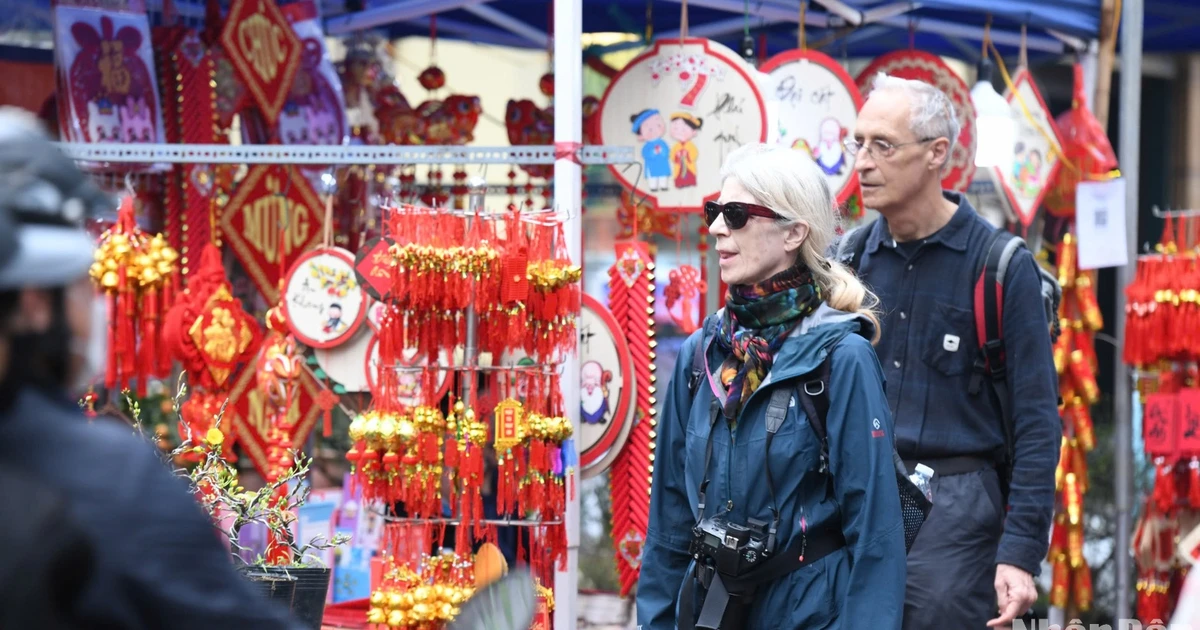
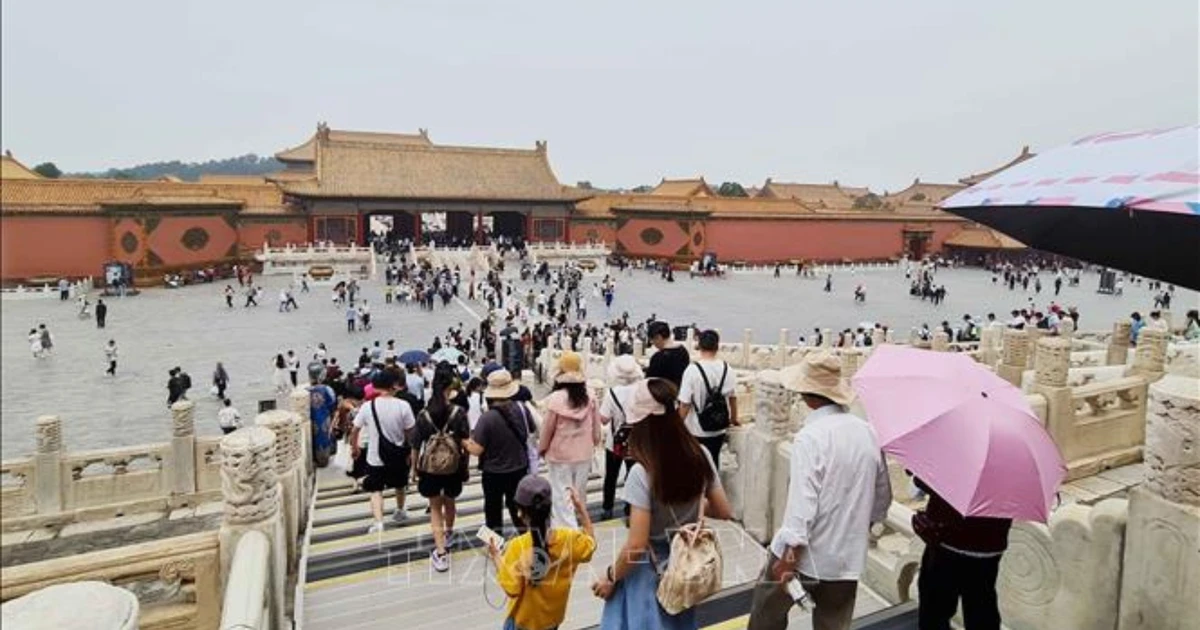

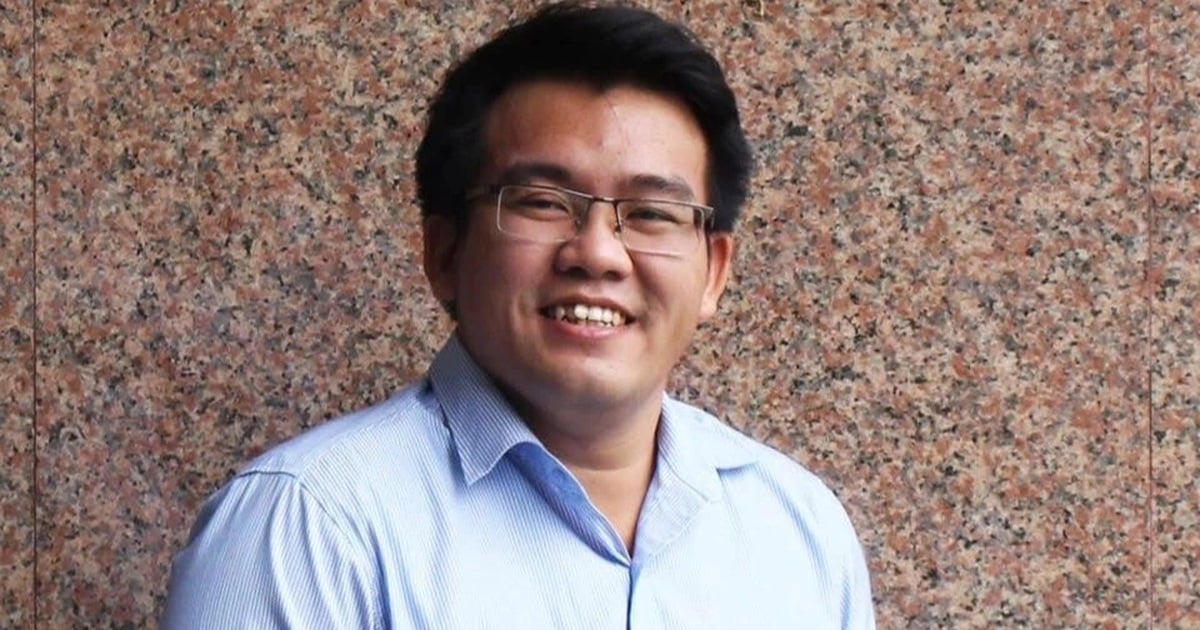

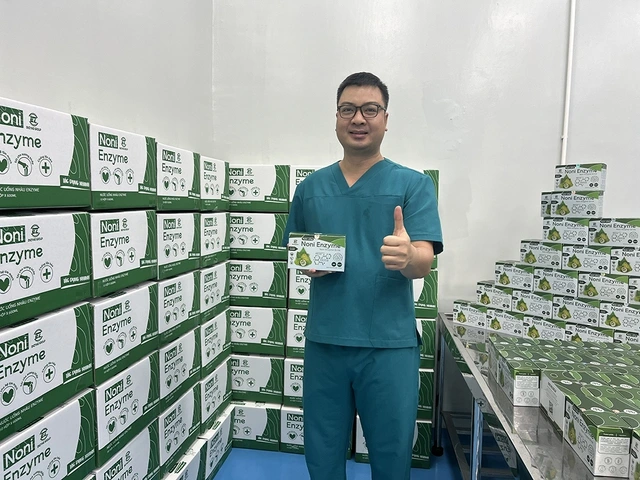

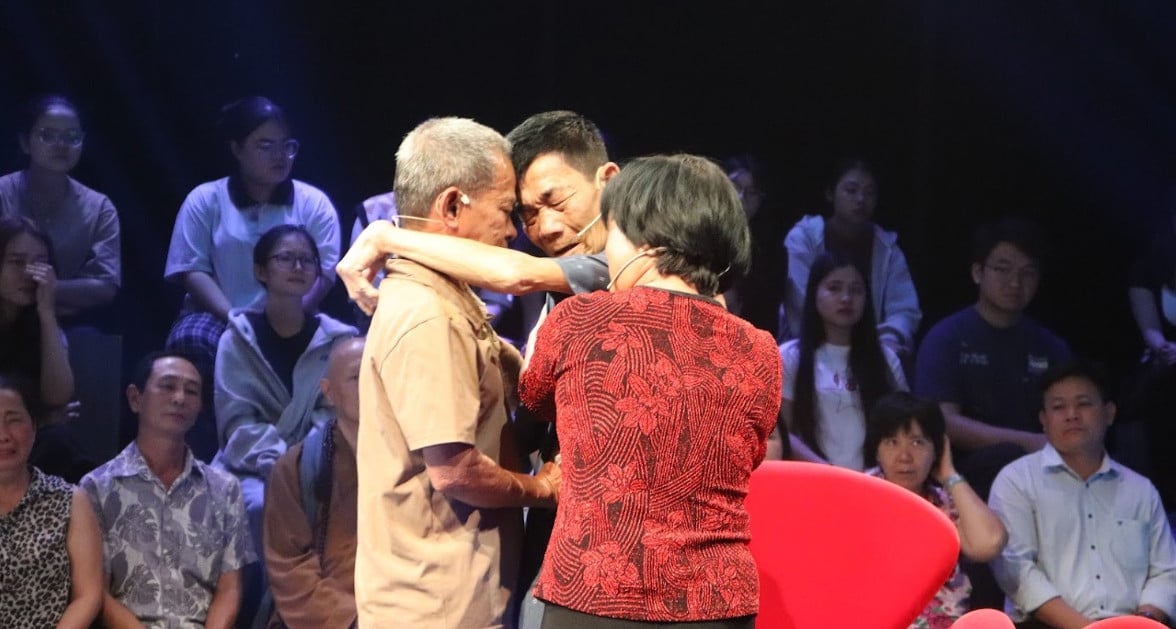

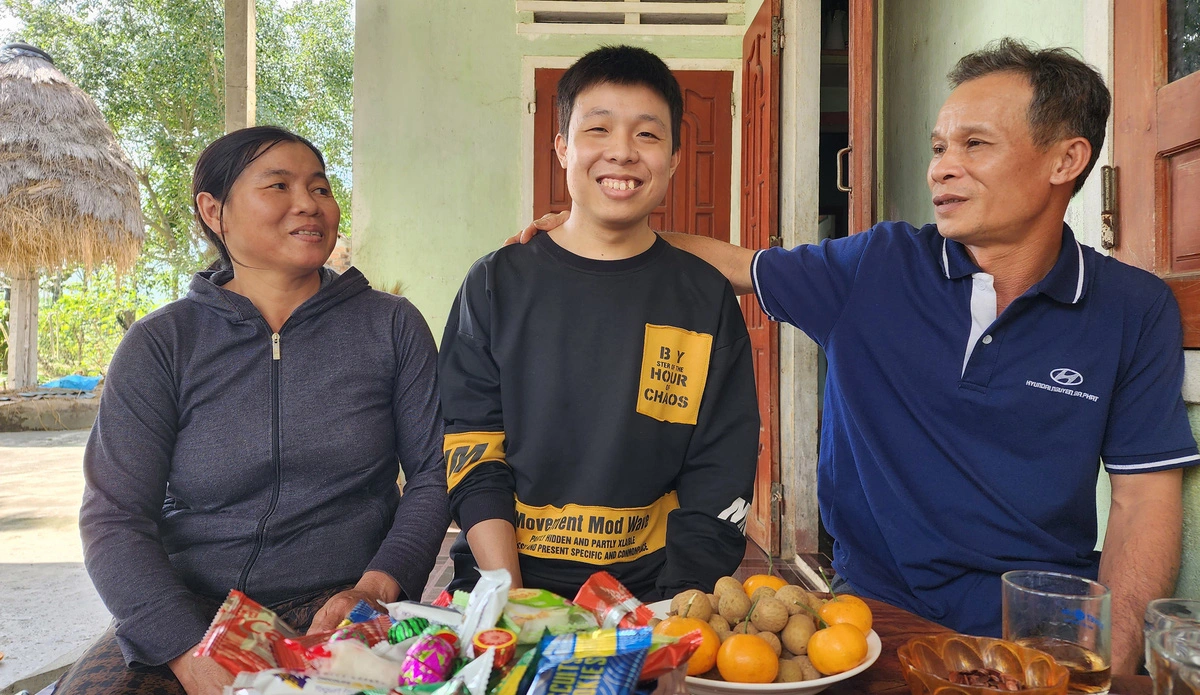







Comment (0)